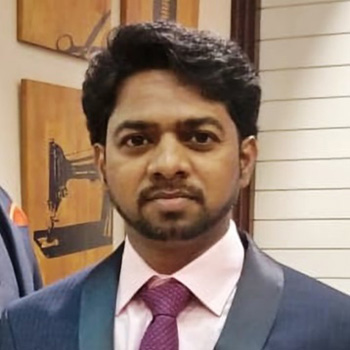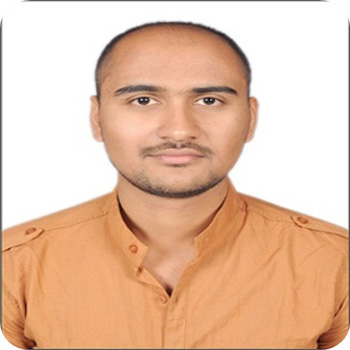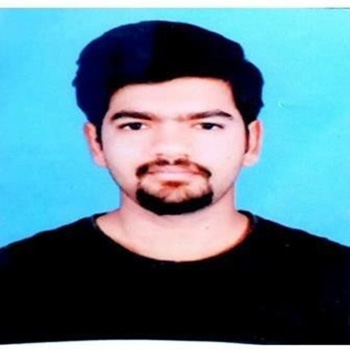Projects
DST-PURSE
JSS AHER is a recipient of the prestigious PURSE (Promotion of University Research and Scientific Excellence) project from DST, Govt of India. Dr Prashant Vishwanath, Head of Research at JSSAHER, is heading the PURSE project which has a grant of Rs 19 Crore. The main objective of the scheme is to strengthen the research capacity and nurture the R and D base of the universities in the country. The project will be granted to the universities based on the NIRF Ranking and research prowess of the university as well as efficient faculty.
Click Here : PURSE FlyerDST-FIST
The Government of India in the year 2000 announced a major new initiative titled "Fund for Improvement of S&T infrastructure in universities & higher educational institutions (FIST)" to rebuild the Science & Technology infrastructure in the country. The facilities provided under the Program are intended to support the efforts of the Department as a whole or several faculty members in the Department. It is a privilege that Department of Biochemistry and the Centre of Excellence in Molecular Biology and Regenerative LAB, JSS AHER, Mysore and JSS pharmacy of college, Ooty has been recognised as DST-FIST sponsored departments. Several advanced instruments are procured through this program including Fluorescent Microscope (Olympus BX-53), Advanced image cytometer (Chemometec-NucleoCounter NC3000), ChemiDoc (UVi-Tech Alliance Q9 advanced unit) and Multimode plate reader (PerkinElmer EnSpire) are present in Department of Biochemistry. These departments have also conducted several Hands-On workshops for the faculty and students.
Click Here : DST FIST Flyer (ooty)Click Here : DST FIST Flyer (Mysore)
Department of Biochemistry CEMR Lab Department of Pharmacology Department of Pharmaceutical Analysis Department Of Pharmaceutics
DST-STUTI
JSSAHER has been selected by DST (Department of Science and Technology) as one of the institutions to implement the STUTI (Synergistic Training Program Utilizing the Scientific and Technological Infrastructure) project. Dr Prashant Vishwanath, Principal investigator of the project has executed several programmes through this project. One of the recent initiatives under this multi-crore project was “Science-On-Wheels”, a unique bus that contained world’s smallest and portable live cell imaging microscope (cytosmart) and many other research related equipment’s such as nanodrop spectrophotometer, ph. meter, calorimeter, and anatomical models of human organs. Furthermore, the bus also had internet facility and livestreamed various programmes anywhere in the world to the interested public.
Click Here : STUTI Project ReportClick Here : PURSE Flyer
Click Here : STUTI Brief Report
JSSAHER - SASHI International Project
South Asia Self Harm Initiative (SASHI) is an International collaborative project between JSSAHER, Mysore, and University of Manchester, United Kingdom. The Memorandum Of Understanding (MoU) with the University Of Manchester, envisages international collaboration and active research on the area of Mental Health and well-being. The delegation from the University of Manchester was led by Professor Catherine Robinson, Professor of Social Care Research and Director Social Care and included an array of specialist doctors and researchers from there. Dr Muralikrishna, Research Fellow for SASHI and Adjunct Faculty, JSSAHER, is heading the project, and the team has already started several initiatives befitting this international collaboration.
JSSAHER DBT BUILDER Project
JSSAHER has also been selected by DBT for implementing their DBT BUILDER (Boost to University Interdisciplinary Life Science Departments for Education and Research) programme. DBT BUILDER promotes the interdepartmental cross-talk with the vision to solicit a large number of post-graduate students to nurture them and make them competent enough for the globally competitive and emerging bio-economy. JSSAHER’s DBT BUILDER project has swung into momentous action by identifying three emerging research domains of novel biomarkers and therapeutics, nanotheranostics and spatial health informatics for prevention and management of cardiovascular diseases that has attracted highly qualified and experienced research scholars. The Rs. 5 crore grant by DBT has enabled researchers to pursue their research for a period of 5 years.
Details about JSSAHER DBT BUILDER Project
Co-ordinator
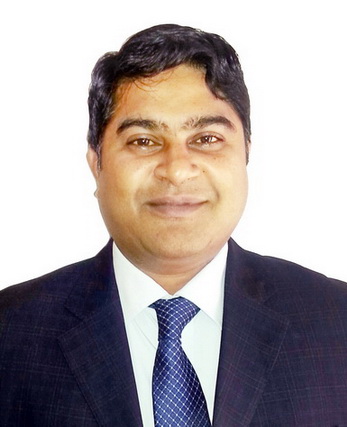
Dr. Prashant M. Vishwanath
Dean
Research
JSS Academy of Higher Education & Research
Email Id: prashantv@jssuni.edu.in
Principal Investigators
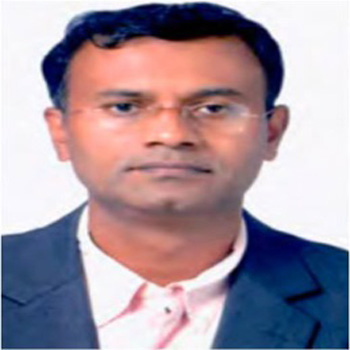
Dr. Rajesh Kumar Thimmulappa
Professor
Department of Biochemistry
JSS Medical College
Email Id: kumar_rt@yahoo.com
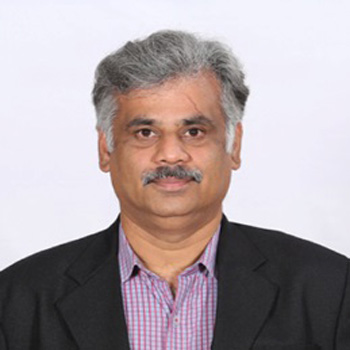
Dr. Gowthamarajan Kuppusawmy
Professor & HOD
Department Of Pharmaceutics
JSS College of Pharmacy, Ooty
Email Id: gowthamsang@jssuni.edu.in

Dr. Madhu B
Deputy Dean (Research)
JSS Academy of Higher Education & Research
Email Id: madhub@jssuni.edu.in
Faculty & Junior Reseacrh Fellow
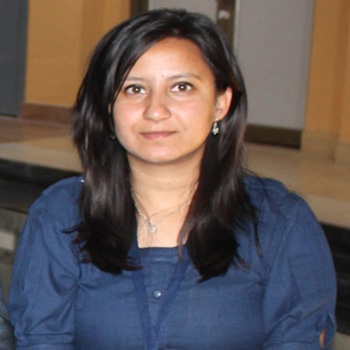
Dr. Arshia Angural
Assistant Professor (Research)
Department of Medical Genetics
JSS Medical College & Hospital
Email Id: arshiaangural@jssuni.edu.in
View Profile
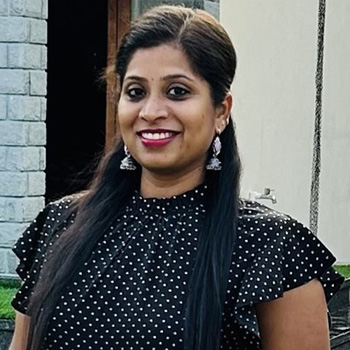
Dr. Rashmi D
Assistant Professor (Research)
Department of Biochemistry
JSS Medical College, JSS AHER
Email Id: rashmid@jssuni.edu.in
View Profile

Dr. Kalaiselvi A
Assistant Professor (Research)
Email Id: dr.kalaiselvikarthik@gmail.com
View Profile
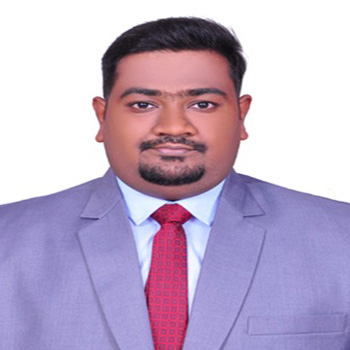
Mr. N. Imrankhan
JRF DBT-BUILDER
JSS College of Pharmacy, Ooty
Email Id: imumay1899@gmail.com
View Profile
Instruments
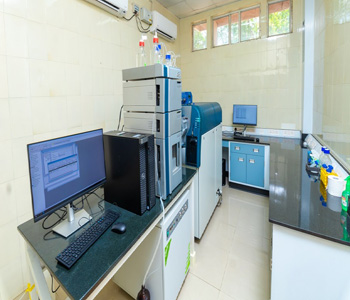
LC-HRMS (Liquid Chromatography High Resolution Mass Spectrometry)
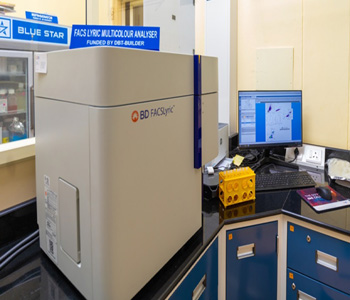
BD FACS Lyric
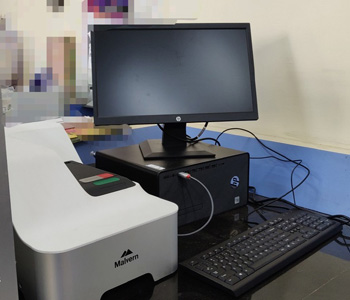
ZetaSizer
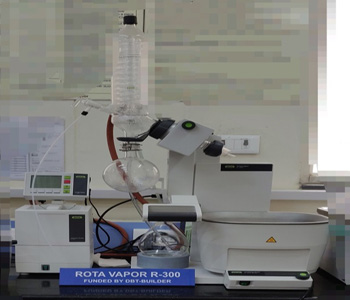
Rotavapor® R300
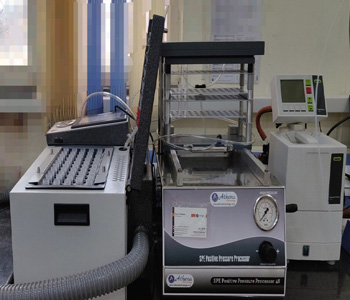
Nitrogen Evaporator: SPE Positive Pressure Manifold
India Alliance / CTRITH Project
Project Duration
October 2021 to September 2026
About
Centres for public health research and training embedded within tribal health centres and hospitals are scarce. Such an effort could help address important gaps in our knowledge (and action) on tribal health especially given the trend of increasing non-communicable diseases among tribal communities (including diabetes, hypertension, stroke, and COPD). Tobacco and alcohol addictions are among the most crucial risk-factors driving mortality and morbidity among tribal populations, yet efforts to design community-based interventions adapted to tribal populations to address these are limited.
In September 2021, DBT/Wellcome Trust India Alliance has awarded Institute of Public Health Bengaluru, Indian Institute of Public Health, Hyderabad and JSS Medical College, Mysuru with a grant titled Centre for Training, Research and Innovation in Tribal Health (CTRITH), under their Clinical/Public Health Research Centres (CRC) grant. Under this project a team of researchers from two public health research organizations – Institute of Public Health Bengaluru and Indian Institute of Public Health, Hyderabad and two medical colleges – JSS Medical College, Mysuru and Mysore medical College shall partner with a local non-governmental organization, community-based organizations and government health departments to
- use state-of-the-art implementation research and theory-driven approaches to design, implement and evaluate innovative community health interventions for neglected health problems including hemoglobinopathies and substance (tobacco and alcohol) use among tribal populations
- set up a birth cohort (including family members) among tribal populations in and around forested areas to characterize individual, household and population-level effects of tobacco and alcohol use
- create a field-practice area for physician-researcher and community medicine training in southern Karnataka.
Study Setting
Chamarajanagar district of Karnataka and neighbouring districts
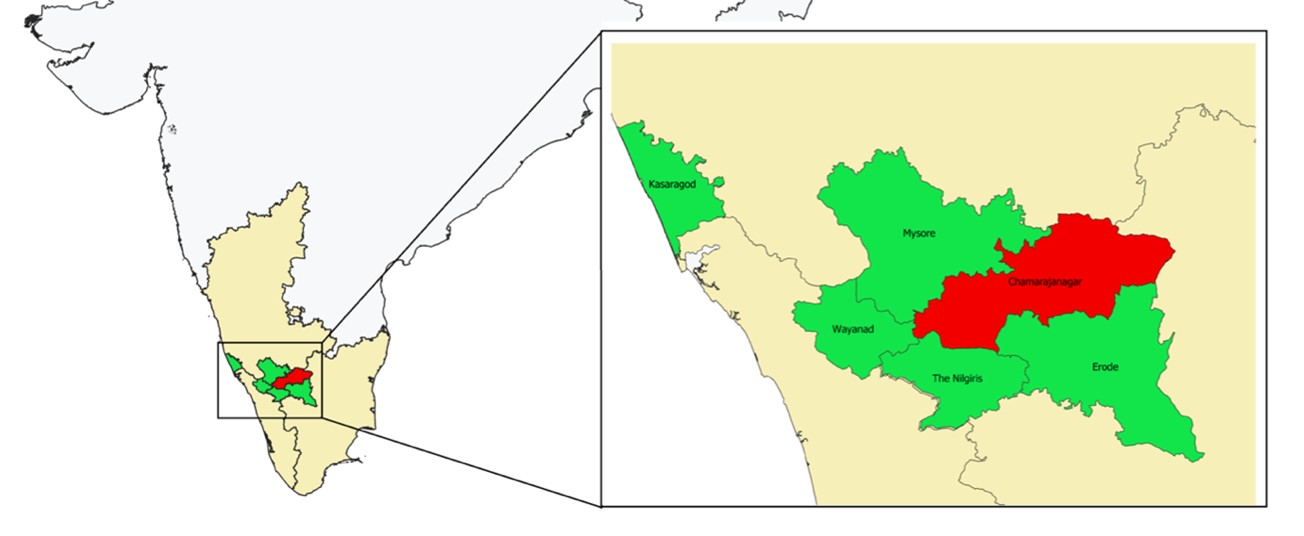
Strategy and Work Plan
The Centre's overall strategy involves setting up a multi-institutional centre in Chamarajanagar district, where the PI shall be based along with a field team. This will allow field-level mentorship, oversight, and coordination across a wide range of stakeholders. In order to ensure smooth coordination across a variety of activities proposed in this grant, the activities are divided into specific Work-Packages (WP 1-8), each with a well-defined plan and milestones . The list of collaborators identified for each WP is provided with their roles in the Additional Information section.
| WP No. | Title | Main activities with corresponding cross-cutting (CC) /vertical (V) theme | Lead institute (co-lead) |
|---|---|---|---|
| WP1 | Realist and Implementation research Action Lab (RIAL) | Co-production of interventions using participatory approach with an in-built theory-driven design and implementation research to assess effectiveness in differing contexts (CC1) | IPH (MMCRI*) |
| WP 2 | Inter-disciplinary tribal population cohort | Establish a family cohort of 2000 tribal households studying parental tobacco and alcohol use (exposure) with child health and development (outcome) (CC2) | IIPHH/PHFI Bengaluru |
| WP 3 | Population-based Hemoglobinopathy Registry (PHR) | Study the genetic profile, and clinical characteristics and establish a population-based registry for haemoglobinopathies (V1) | JSSMC |
| WP 4 | Socio-behavioural aspects of substance use among tribal populations | Explore sociocultural and historical pathways of the interaction of substance use among tribal populations Identify and design health services and community-based approaches for treatment and support for harmful substance use among tribal populations | IPH |
| WP 5 | Capacity-building and mentorship | Prepare a plan, curriculum and administer programmes. WP5 covers the training and mentorship plan and will be led by the Programme Head for 7 CRTP fellowships, 3 PhD and 2 postdoctoral fellows. An Assistant Professor-level support staff will assist her. They will work with Coordinators in other institutions. | IPH |
| WP 6 | Public and policy engagement | Identify pathways to impact the district and state-level programmes and policies affecting tribal health with respect to neglected health problems Translation of research findings into knowledge outputs for different actors (decision-makers, communities, civil society) | IPH |
| WP 7 | Research management (including collaborations, quality, and sustainability) | Setting up MoUs/collaborations, permissions, ethics approval, material transport logistics, recruitment, performance appraisals, documentation and reporting and coordinating external engagements including social media/print/electronic media | IPH |
| WP 8 | Monitoring and evaluation | Monthly and annual meetings, collaborator workshops for discussion and dissemination, and independent mid-term and end-line evaluations | IPH |
Expected outcomes
The establishment of such a research and training centre embedded within a tribal hospital setting and landscape will be a pioneering effort in southern India. The Centre will provide a unique platform for incubating research and action on tribal health in the field. Various collaborations with leading institutions will be established via the creation of such a centre in a remote tribal setting. The Centre will have the following outcomes over the next five years:
Research
- Tribal people birth cohort: Possibly the first of its kind, an interdisciplinary cohort of tribal households in and around forest areas in India shall be established enabling long-term research on tobacco and alcohol use and other related aspects like NCDs and associated morbidity and mortality profile.
- Population-based haemoglobinopathy registry for a district.
- Community-based interventions to address harmful substance use along with a model for studying socio-behavioural aspects of substance abuse among tribal populations.
Training
- PhD, CRTPs and PDs sensitised to working in limited-resource settings with communities
- Certificate courses for physician-researchers and social scientists looking to work with communities
- Multiskilling the existing health workforce in a limited resource tribal setting to address health inequities.
Funder
DBT/Wellcome Trust India Alliance
Institutions and Collaborators
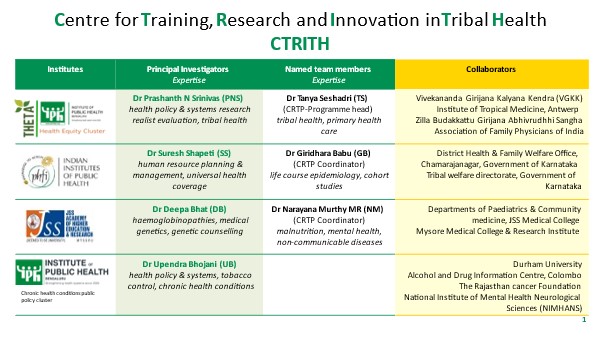
Other Major Funded Research Projects at JSSAHER
While research projects funded by government arms like DST and overseas research institutions are hotly competed for by different universities and institutions, JSSAHER has been repeatedly selected due to their prior track record in impeccable execution. DST has appreciated JSSAHER’s initiatives in this regard. Other ongoing funded projects at JSSAHER include a Rs. 3.5 crore project headed by ace pulmonologist Dr. PA Mahesh which is on the subject, 'Longitudinal effects of Air Pollution Exposures on Lung growth and development of biomarker of lung function deficit in Urban Children'. Another funded project to the tune of Rs. 1.77 crore is headed by Dr. H. Basavanagowdappa on the topic 'Capacity building of Infrastructure and human resource for conducting COVID Vaccine clinical trials and immunogenicity studies as per GCP guidelines.'
Project SearchIndia Alliance / Team Science Grant
Grant Title:
Longitudinal effects of Air Pollution Exposures on Lung growth and development of biomarker of lung function deficit in Urban Children
Project Duration: 2019 to 2024
Lead Principal Investigator:
Dr. Mahesh Padukudru Anand, JSS Medical College, JSS AHER, Mysuru.
1 . Dr Anant Mohan, All India Institute of Medical Sciences, New Delhi
2 . Dr George D’Souza, St Johns National Academy of Health Sciences, Bangalore
3 . Dr Harish Phuleira, Indian Institute of Technology-Bombay, Mumbai
4 . Dr Rajesh K Thimmulappa, JSS Medical College, Mysore
5 . Dr Gregory A Wellenius, Brown University, USA
Studies from USA and Europe find that a significant proportion of children in communities with high air pollution levels have poor lung development, which leads to significant deficit in peak lung function as they reach to young adulthood (18-22yr). Lower lung function in young adults dramatically increases risk for COPD and heart diseases. The air pollution across Indian cities is several times higher than Western world. However, its impact on lung development in children in India is not known. This project will study lung development in children living in Mysore, Mumbai, Bangalore, and Delhi to find the adverse impact of rising air pollution.
A detailed interview with India Alliance can be found here: Click here
